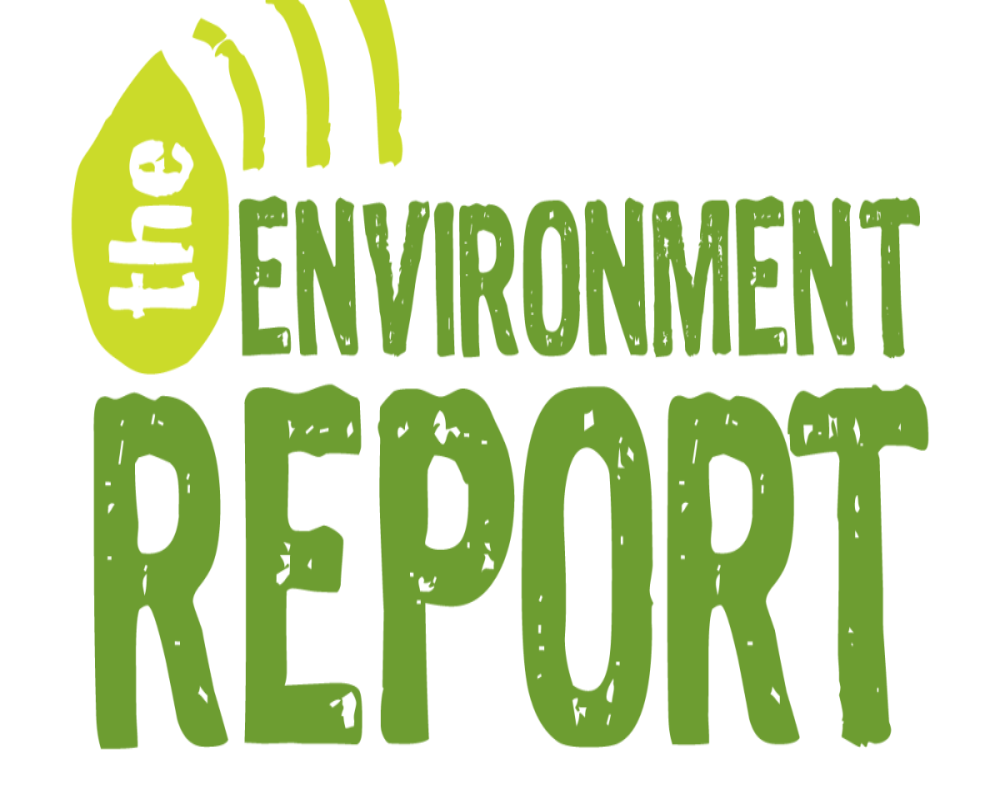1. Ensuring Legal Compliance and Risk Management
Environmental reports are critical for demonstrating adherence to environmental laws and regulations. They document how an organization complies with standards related to emissions, waste management, water usage, and other environmental aspects. Failure to maintain accurate environmental reports can lead to legal penalties and damage to an organization’s reputation. These reports also play a vital role in identifying potential environmental risks, allowing organizations to implement mitigation strategies proactively.
2. Promoting Sustainable Development and Operational Efficiency
Beyond compliance, environmental reports provide insights into an organization’s environmental performance, highlighting areas where improvements can be made. By analyzing data on resource consumption, waste generation, and emissions, organizations can develop strategies to reduce their environmental footprint. This not only contributes to environmental sustainability but can also lead to cost savings through more efficient resource utilization.
3. Enhancing Transparency and Stakeholder Trust
Transparent environmental reporting builds trust with stakeholders, including customers, investors, and the community. By openly sharing information about environmental practices and performance, organizations demonstrate accountability and commitment to environmental stewardship. This transparency can enhance an organization’s reputation and competitive advantage, particularly as consumers and investors increasingly prioritize sustainability.


